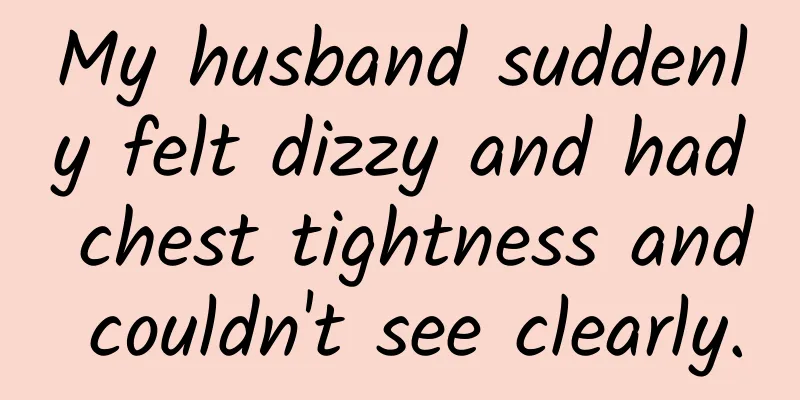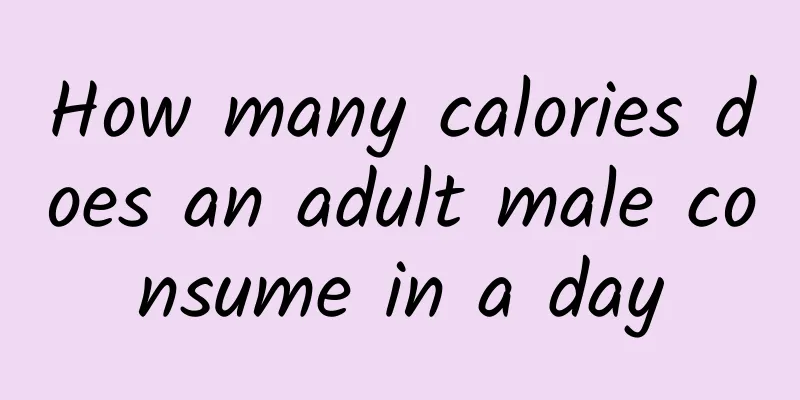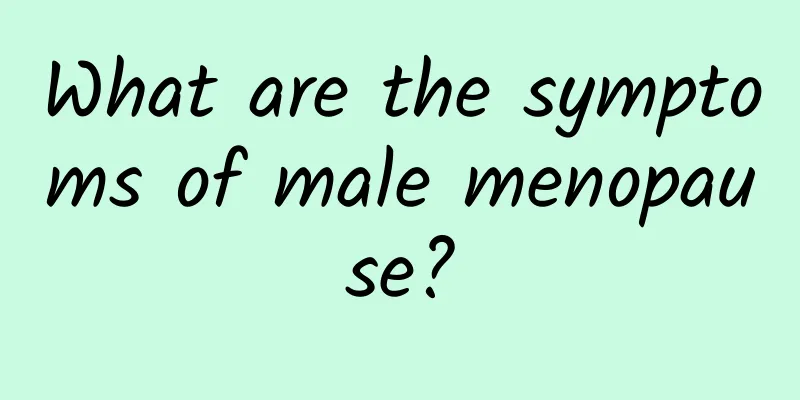My husband suddenly felt dizzy and had chest tightness and couldn't see clearly.

|
If your husband suddenly feels dizzy and can't see clearly, you should take him to the hospital for examination, because he may also have symptoms of chest tightness. If not treated in time, it may cause complications of stroke. If this is the case, it is very serious and it is difficult to relieve it through some treatment methods. Ultimately, the patient will be unable to take care of himself. 1. Stroke A stroke is characterized by sudden collapse, unconsciousness, crooked mouth and tongue, hemiplegia, and aphasia; or collapse without collapse, but only crooked mouth and tongue. A stroke collapse is similar to a collapse caused by vertigo, and vertigo can be a precursor to a stroke, but patients with vertigo do not have hemiplegia, crooked mouth and tongue, or stiff tongue and dalliance. 2. Syndrome Syncope is characterized by sudden collapse, unconsciousness, or cold limbs. After the attack, the patient generally wakes up gradually in a short time, and there are no sequelae such as paralysis, aphasia, and crooked mouth and tongue. In severe cases, the patient may die from syncope. Severe vertigo attacks may also cause dizziness and fainting, but generally there is no coma. 3. Epilepsy Epilepsy is characterized by sudden collapse, unconsciousness, drooling, eyes looking up, limbs twitching, or pig-like sounds coming out of the mouth, waking up after a while, and being like a normal person after waking up. Epilepsy collapse is similar to collapse in severe vertigo, and there are often precursors such as vertigo, fatigue, and chest tightness before the onset. After the onset of the disease, there are often symptoms such as fatigue, dizziness, etc. Therefore, it should be distinguished from vertigo. The key points of differentiation are that epilepsy collapse must be accompanied by coma, drooling, eyes looking up, twitching, pig-like sounds, etc. 4. Dizziness Many people mistake dizziness and vertigo for each other. Dizziness is a broader concept, including dizziness, lightheadedness, and confusion, while vertigo is a more clinically specific symptom. It is a kind of movement illusion or hallucination, and it is the patient's orientation disorder or balance disorder for spatial relationships. The patient may feel mainly like falling over, or feel that he or she is shaking or the scenery is spinning. During an attack, the patient feels that the surrounding objects are spinning when he or she opens his or her eyes, and that he or she is spinning after closing his or her eyes. It is often accompanied by nausea, vomiting, cold sweats, fast or slow heart rate, increased or decreased blood pressure, and even hyperperistalsis and frequent bowel movements. |
<<: Men want to urinate after ejaculation
>>: What is the cause of peeling of the glans folds?
Recommend
Is a man's heart on the left or the right?
Is the heart on the left or right? We often see o...
Why does a man have pain in the lower right side of his stomach?
Pain in the lower right side of the abdomen is no...
What is the normal value of sperm survival rate?
Many men may not know about sperm survival rate b...
What are the reasons for small bubbles on the glans?
Although blisters on the glans of men are rare, o...
Is it harmful to stop ejaculating when you are about to ejaculate?
When people reach a certain age, sexual intercour...
How to test for HPV infection in men
HPV testing is generally for women, but not just ...
What causes testicular drooping and pain?
Some men may have problems such as drooping and p...
What to do if men have acne on their faces?
Everyone loves beauty. Loving beauty is not a pri...
The effects and functions of amaranth root that you don’t know about!
The distribution of amaranth is quite extensive i...
Can men eat donkey-hide gelatin? Is it effective?
Eating donkey-hide gelatin can replenish qi and b...
What tests should men do before pregnancy?
In order to raise a healthy baby, it is not enoug...
What is the reason why men grind their teeth at night?
What is the reason for teeth grinding when sleepi...
Penile development at 18 years old
After entering puberty, a boy's penis will be...
What is the disease of itchy egg skin?
What is the disease of itchy egg skin? Male genit...
What to do if you have allergies? Treatment of allergic contact dermatitis
Watches are not only a tool for people to record ...









